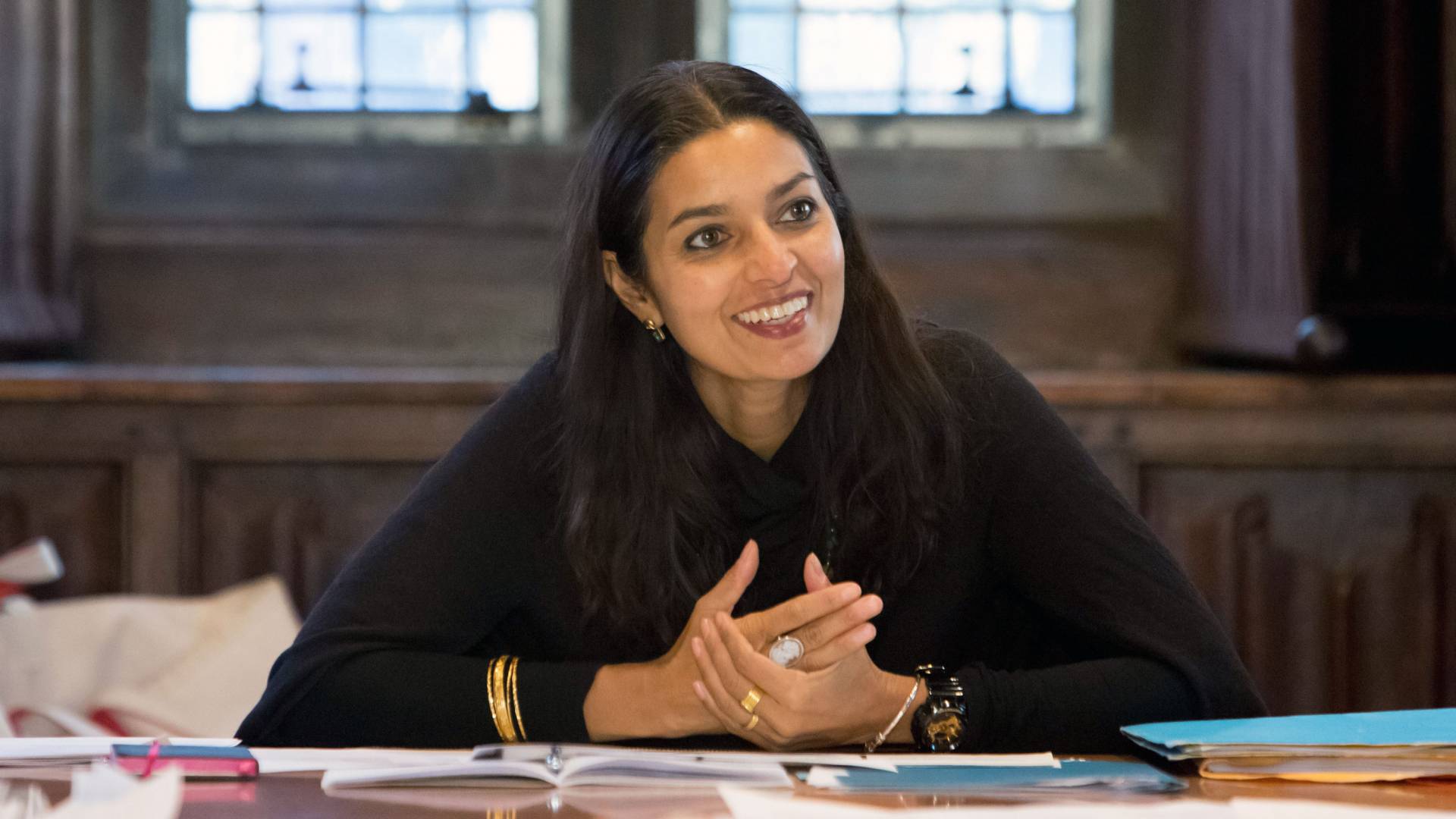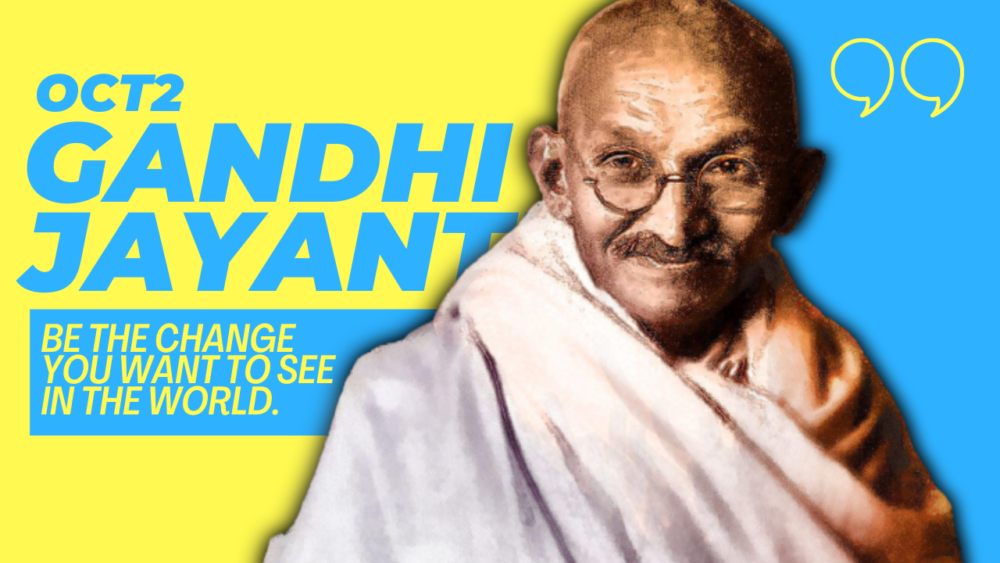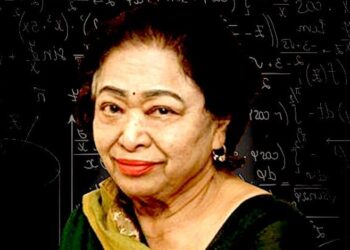Jhumpa Lahiri is the daughter of Indian immigrants from the state of West Bengal. She was born in London.
When she was three years old, her family migrated to the United States, and Lahiri considers herself an American, saying, “I wasn’t born here, but I could as well have been.”Lahiri grew up in Kingston, Rhode Island, where her father, Amar Lahiri, worked as a librarian at the University of Rhode Island; the protagonist of “The Third and Final Continent,” the final narrative in “Interpreter of Maladies”, is based on him.
Lahiri’s mother wanted her children to be aware of their Bengali roots, so she and her family visited relatives in Calcutta frequently (present-day Kolkata).

Her ambiguity about her identification inspired Gogol, the protagonist of her novel The Namesake, to have conflicted thoughts about his own peculiar name.
Lahiri writes in a Newsweek editorial that she has “felt enormous pressure to be two things, loyal to the old world and fluent in the new,” and that she has “felt intense pressure to be two things, loyal to the old world and fluent in the new.
“These two sides tugging at each other marked a lot of her childhood experiences. She discovered as an adult that she could be a part of these two dimensions without the humiliation and struggle she had as a youngster.

Her novel The Lowland was shortlisted for the Man Booker Prize in September 2013 but was ultimately won by Eleanor Catton’s The Luminaries.
It was also long-listed for the National Book Award for Fiction the following month, and it was announced as a finalist on October 16, 2013. However, on November 20, 2013, it was defeated by James McBride and his novel The Good Lord Bird for that honor.

At the Zee Jaipur Literature Festival, Lahiri was named the recipient of the DSC Prize for South Asian Literature 2015 for her work The Lowland for which she entered the Limca Book of Records.
Interpreter of Maladies (1999), her first collection of short stories, earned the Pulitzer Prize for Fiction and the PEN/Hemingway Award, and her first book, The Namesake (2003), was made into a popular film in the Hindi film industry with late actor Imran Khan as a lead. Unaccustomed Earth, her second story collection, earned the Frank O’Connor International Short Story Award in 2008.
Jhumpa married Alberto Vourvoulias-Bush, a journalist who was then deputy editor of TIME Latin America and is now senior editor of TIME Latin America, in 2001.

Lahiri moved to Rome in 2011 and has since published two books of essays, as well as her first novel in Italian, Dove mi trovo, in 2018.
She also compiled, edited, and translated the Penguin Book of Italian Short Stories, which contains 40 short stories written by 40 different Italian authors. She has also translated from Italian to English several of her own and other authors’ works.
Jhumpa received the National Humanities Medal in 2014. Since 2015, she has been a creative writing professor at Princeton University.
Also Read: The Story Of Thaakirah Mohamed: The Conscious Revolutionist















